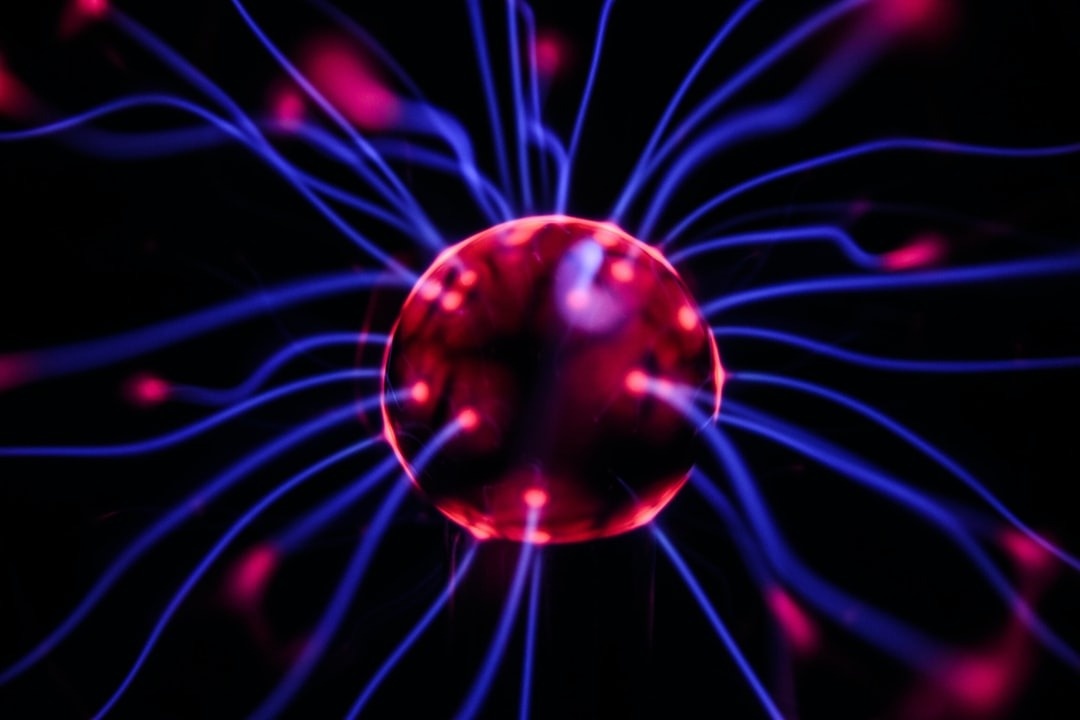How Drug Rehab Helps Brains Rewire


Find out how rehab helps people rewire their brains and why it can make all the difference in your addiction recovery. Call The Forge today for help!
To understand why drug and alcohol treatment rehab programs are effective, it is helpful to first understand how substances like drugs or alcohol impact the levels of dopamine in the brain.
Studies conducted over the past few decades have examined how drug dependence and substance use disorders alter normal brain functioning and escalate psychological and physical health risks.
Rehabs utilize innovative methods and approaches to help you rewire your brain in order to be free from substance use. In other words, rehab helps you compensate until your brain returns to healthy functioning.
Understanding Dopamine
Dopamine is a hormone in your body that plays a role in making you feel good. There is an average amount of dopamine naturally in your body that helps send signals between your brain cells and the rest of the body. When you do something that increases dopamine, it builds up in the brain and releases feelings of pleasure.
For example, consider a slide at a pool. After you go down the slide, you may rush to go down it again because it was exciting and fun; you want to repeat the excitement. The desire to repeat this experience is due to dopamine. When you do something that causes the dopamine level inside your brain to spike, you experience a happy or exhilarating sensation, thus motivating you to repeat the behavior.
Dopamine and Substance Use
The reason you experience pleasure when engaging in substance use is because those substances increase dopamine in the brain. The increased level of dopamine they produce is so great that it can damage the brain, cause dependency, and heighten the risk of other serious medical issues.
These risks may be even greater depending on how your brain responds to dopamine spikes. To understand this, you can use a rollercoaster as an example. Some people love riding a rollercoaster, while others deeply dislike the experience or even refuse to try it all together.
You might be more sensitive to the incentive rewards of dopamine, which can make you want to partake in potentially dangerous activities that increase dopamine. This makes you more likely to have addictive personalities and be more affected by substance use.
When your brain is used to receiving dopamine spikes from substance use, it can become dependent. Then, when your brain lacks the substance and does not receive the expected dopamine increase, it causes a severe crash and withdrawal symptoms.
Engaging in substance use again can temporarily reverse these symptoms, but it keeps you trapped in the cycle of substance abuse, further damaging your brain and keeping it dependent.
How Rehab Helps Rewire the Brain
If you want to end your dependence on substance use, you may find yourself struggling with the challenges of having a lack of dopamine in your system while your brain is relearning how to function normally.
This is why rehab is effective at helping you achieve long-term recovery success: its activities supplement the dopamine that the brain needs, but in healthy and sustainable amounts.
This eases the recovery journey and encourages you to complete the process toward a life that is pleasurable and substance-free. Rehab helps you detox from substances by enabling you to create a life you truly enjoy.
It’s also why so much of the work done at an addiction center involves the creation of healthy and productive habits and the cultivation of psychological, emotional, and social wellbeing. In substance use recovery, you may find yourself learning how to better include exercise, creative outlets, and uplifting relationships in your daily routine.
These habits stimulate the natural production of dopamine in your body without the need for substances. When you live a life that your brain recognizes as pleasurable and rewarding, its reliance on substances for dopamine decreases, and the grip of addiction weakens.
Rehab is also a safe place to get to the root of any traumas, dysfunction, or dissatisfactions with life that may have contributed to the development of a substance use disorder in the first place. When you address the challenges in your life and reorder your life to better serve your wellbeing, you are actively building a life that is fulfilling and less vulnerable to addiction.
Especially in the beginning stages of addiction recovery, the vision of what this life looks like can be difficult to see. That is why treatment plans are individualized and tailored to your specific needs. Rehab is a place that will help you discover what makes you happy and help you learn to find happiness without substances.
Regain Control Through Rehab at The Forge Recovery Center
It is common to struggle with the inability to control the amount or frequency of your substance use due to the brain's dependence on the substance for dopamine. Therefore, taking full advantage of rehab can help you eliminate your substance use and regain control of your life.
The medical professionals at The Forge Recovery Center understand how to help your brain transition to substance-free functioning by increasing your dopamine levels naturally with healthier activities and practices.
If you or someone you love struggles with substance use disorder, rehab can open a door to a healthier and happier life. For more information on rehab and how it can help you rewire your brain, reach out to The Forge today.
Are You Struggling with Mental Health or Addiction?
We Can Help. Call Us Now!
CALL: 877-839-1772





